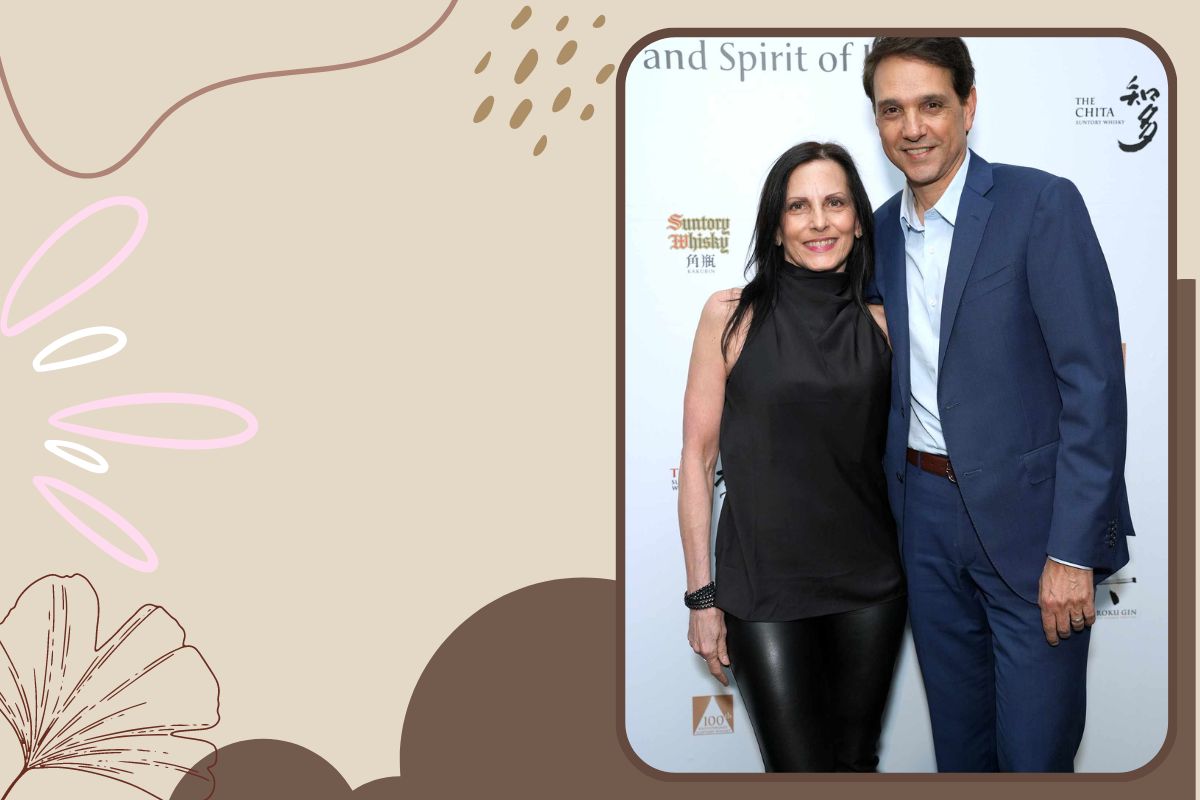Cultural sensitivity has become an essential aspect of global business practices. When it comes to corporate gift-giving, understanding and respecting different cultural norms and traditions is crucial to establishing strong relationships and avoiding any unintentional offence.
We will explore how cultural sensitivity influences the choice of customized corporate gifts globally, with a specific focus on the market in Malaysia. Further, we’ll look into the various viewpoints, share personal experiences, and provide practical insights to help companies navigate this complex landscape successfully.
Cultural Sensitivity: A Business Imperative
In today’s highly diverse global marketplace, understanding and appreciating different cultures has become an essential skill for businesses to thrive. By embracing cultural sensitivity, companies can forge stronger relationships with clients, partners, and employees around the world.
In the context of corporate gifting, cultural sensitivity plays a vital role in ensuring that gifts are appropriate, well-received, and aligned with cultural values.
Cultural Sensitivity in Malaysia’s Business Environment
Malaysia, known as the melting pot of cultures, is a prime example of a country where cultural sensitivity is highly valued. Its population comprises four major ethnic groups – Chinese, Malay, Indian, and Eurasian. The Malaysian government actively promotes cultural diversity and harmony. Making it imperative for businesses operating in the country to be sensitive to different cultural practices and customs.
Gift-Giving Across Cultures
The significance of the gift
In many cultures, gifts hold great symbolic importance and are deeply rooted in traditions and social rituals. For instance, in Chinese culture, the act of gift-giving is seen as a way to build and maintain relationships and foster goodwill. Offering gifts with appropriate symbolism is crucial to conveying respect and appreciation.
Example
When EasyPrint Malaysia collaborated with Malaysian partners to celebrate a successful joint project. They followed the Chinese tradition of presenting red envelopes containing monetary gifts. Red symbolizes good luck and prosperity in Chinese culture, making it an appropriate choice for festive occasions.
Cultural taboos
Being aware of cultural taboos is crucial to avoid causing offence. Certain gestures, colors, or objects may carry negative connotations or be considered inappropriate in specific cultures. For instance, in many Asian cultures, white flowers are associated with funerals and should be avoided as gifts. Similarly, giving clocks as gifts is seen as bringing bad luck in Chinese culture.
Example
The brand exhibited cultural sensitivity when they noticed that one of their Malaysian clients was of Indian descent. Instead of corporate gifting leather accessories, which would be considered inappropriate due to cultural and religious beliefs, they presented a custom-engraved wooden plaque as a sign of appreciation.
Personalization and individual preferences
Beyond cultural norms, understanding the personal preferences and tastes of the recipient can enhance the impact of a corporate gift. Tailoring gifts to reflect the recipient’s preferences shows thoughtfulness and consideration, regardless of cultural differences.
Example
The agency worked closely with a Malaysian client who had a passion for art. They curated a personalized gift package containing art supplies and a voucher for an art workshop. By understanding the individual’s interests and incorporating them into the gift, they showcased their cultural sensitivity and strengthened the relationship.
Exploring the Various Viewpoints on Customized Corporate Gifts Balancing Tradition and Innovation
While cultural sensitivity is crucial, it is equally important to balance traditional cultural practices and modern innovation. As society evolves, so do gifting trends, and companies need to adapt to these changes to remain relevant and respectful of cultural traditions simultaneously.
Traditions can influence the choice of corporate gifts as they often reflect the values and customs of a particular culture. However, adapting gifts to reflect a more contemporary approach can demonstrate creativity and dynamism in today’s global business environment.
For example, in Malaysia, many companies opt for traditional gifts during festive occasions such as the Lunar New Year or Diwali, such as tins of tea or gourmet hampers. These gifts are well-received due to their cultural significance. However, introducing innovative elements, such as eco-friendly packaging or personalized messages, can add a modern touch while still respecting cultural traditions.
Universality of Appreciation
While cultural sensitivity is crucial in gift-giving, it is also important not to confine choices solely to cultural boundaries. Some gifts can convey universal appreciation and be well-received across cultures.
For instance, well-crafted corporate gifts such as luxury notebooks or customized stationery sets have a universal appeal and are appreciated by recipients from various cultural backgrounds.
By focusing on quality and utility, companies can strike a balance between considering cultural sensitivity and offering gifts that transcend cultural boundaries and create a positive and lasting impression.
Personal Perspective: Bridging Cultural Gaps Through Gifts
As an international marketing executive, I have had the opportunity to navigate cultural challenges and bridge gaps through thoughtful corporate gifting. In one instance, while working with a Malaysian partner, I discovered their fascination with quirky gadgets.
In recognition of their interest, I sourced an innovative electronic device that seamlessly blended technology with local cultural elements. The gift not only showcased cultural sensitivity but also fueled conversations and strengthened our working relationship.
Conclusion
Cultural sensitivity is a powerful tool when considering the choice of customized corporate gifts globally. In Malaysia, with its multicultural environment, understanding cultural nuances is crucial for businesses to make appropriate choices. By acknowledging different viewpoints, striking a balance between tradition and innovation, and recognizing the universality of appreciation, companies can effectively navigate the complex landscape of cultural sensitivity.
















